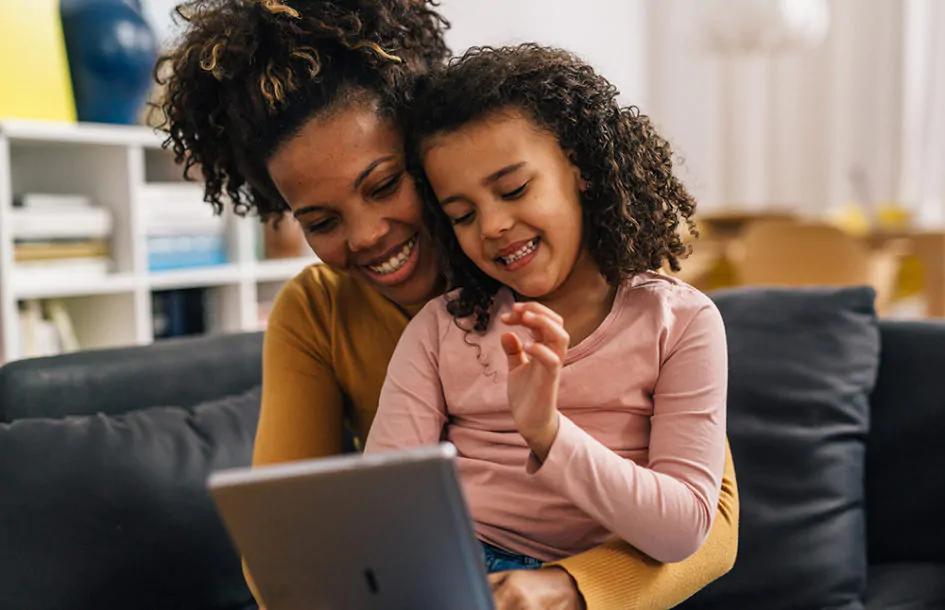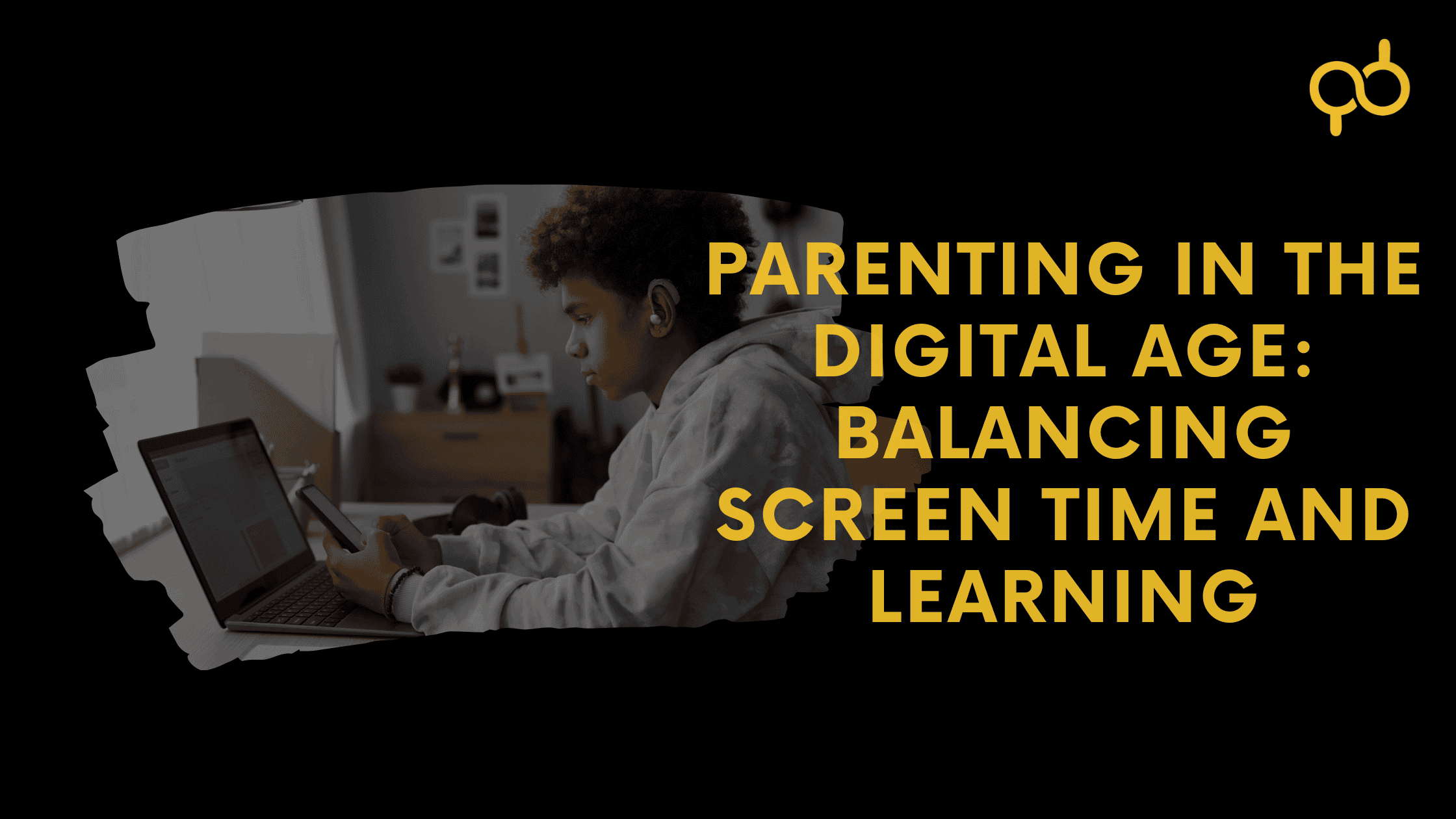The digital age has ushered in a wave of opportunities, but also a unique set of challenges for parents, especially in Nigeria. Our children are growing up surrounded by smartphones, tablets, and the internet, making it crucial to navigate the delicate balance between screen time and meaningful learning. How do we harness the educational potential of technology while safeguarding our children from its potential pitfalls?
Firstly, acknowledging the inevitability of technology is key. In our increasingly interconnected world, digital literacy is no longer a luxury, but a necessity. Ignoring the digital landscape is not an option; we must equip our children with the skills to navigate it safely and responsibly. This means understanding that screens aren’t inherently bad. Educational apps, online resources, and interactive learning platforms can significantly enhance a child’s learning experience, supplementing traditional classroom education.

However, the challenge lies in moderation. Excessive screen time can lead to sedentary lifestyles, reduced social interaction, and potential exposure to inappropriate content. It’s vital to establish clear boundaries and guidelines. Consider implementing a family media plan, setting specific time limits for screen use, and designating screen-free zones and times, like during meals or before bedtime. This promotes healthy habits and encourages alternative activities.
Furthermore, focus on quality over quantity. Not all screen time is created equal. Encourage using educational apps and websites that align with your child’s curriculum and interests. Look for interactive content that fosters critical thinking, problem-solving, and creativity. Platforms like Khan Academy, Duolingo (for language learning), and coding apps can be valuable tools. Conversely, mindless scrolling through social media or watching excessive amounts of passive entertainment should be discouraged.
Active parental involvement is crucial. Engage with your children’s digital experiences. Watch educational videos together, play interactive games, and discuss what they’re learning online. This not only strengthens your bond but also allows you to monitor their online activities and address any concerns. Be aware of the potential dangers of cyberbullying, online predators, and exposure to inappropriate content. Open communication is essential; create a safe space where your children feel comfortable discussing their online experiences.
READ MORE: 3 Ways in Which Technology is Beneficial for Children
In the Nigerian context, where access to quality education can be a challenge, technology can be a powerful equalizer. Online resources can supplement classroom learning, provide access to diverse perspectives, and bridge educational gaps. Encourage your children to explore online libraries, virtual museums, and educational YouTube channels.

Remember, parenting in the digital age requires a proactive and balanced approach. It’s about fostering a healthy relationship with technology, promoting responsible digital citizenship, and ensuring that screen time enhances, rather than hinders, your child’s development. By setting clear boundaries, prioritizing quality content, and engaging actively in their digital lives, Nigerian parents can empower their children to navigate the digital world successfully and unlock its vast potential for learning and growth. Ultimately, the goal is to raise well-rounded individuals who can thrive in both the digital and physical worlds, armed with the knowledge and skills necessary to contribute positively to our society.
